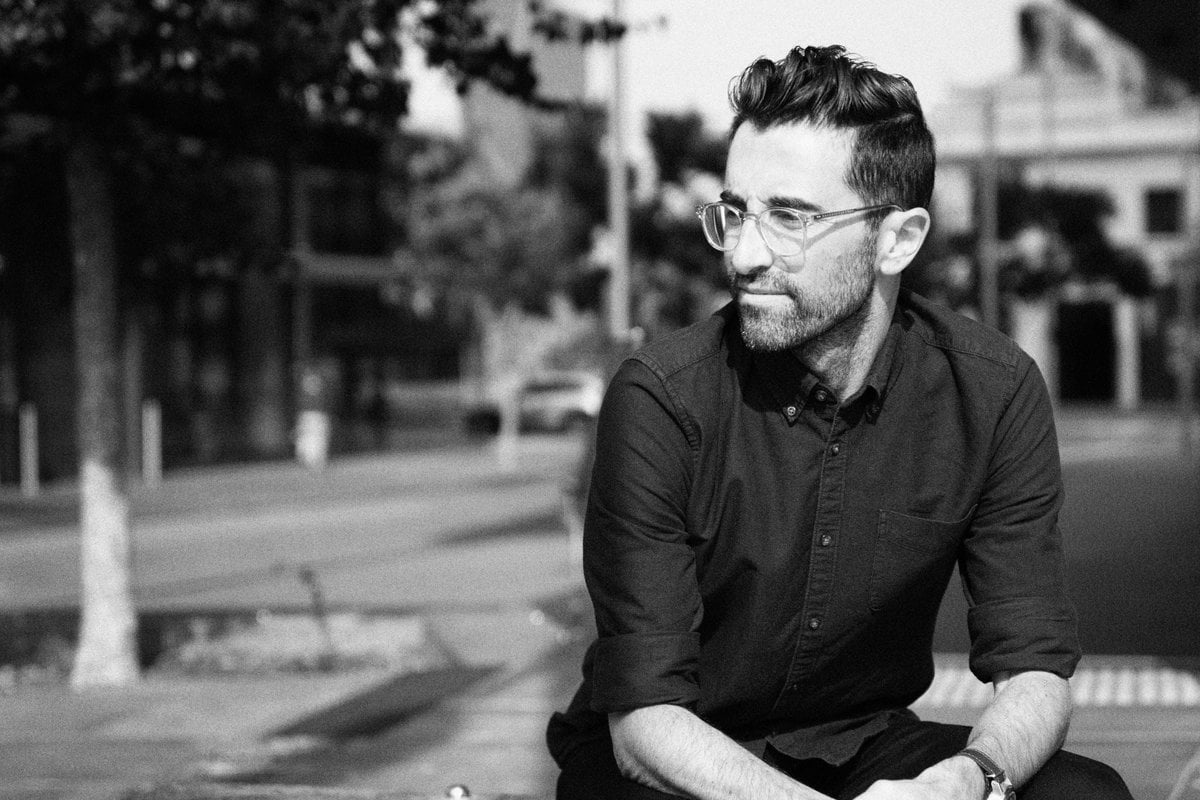
November is Men’s Health Awareness Month in Australia. A month dedicated to shedding light on a wide range of men’s health issues to help get us blokes talking openly about what’s going on and how we are feeling – not ignoring the fact that men tend to be more reluctant to seek help or treatment for their health struggles.
One area of particular significance is around men’s mental health. According to statistics, on any day in Australia, approximately 4.8 million Australians are currently experiencing some form of mental health condition. That can include depression, anxiety, burnout, or substance abuse, amongst others. That’s around one in five people. For men, it’s even higher. Some very confronting statistics if you think of the people who are around you at this very moment. Can you spot the individual? Can you tell who it is?
For me, these statistics became a little more real this year because I became that one in five. In a very unexpected and sudden turn of events, the rug was pulled out from under me. Terms like Post-Traumatic Stress Disorder, Regressive Childhood Trauma, Acute Anxiety Disorder, Transactional Analysis Theory – terms that were completely and utterly foreign to me prior – became part of my vocabulary.
While you're here, watch why men are embarrassed to talk about mental health. Story continues below.
